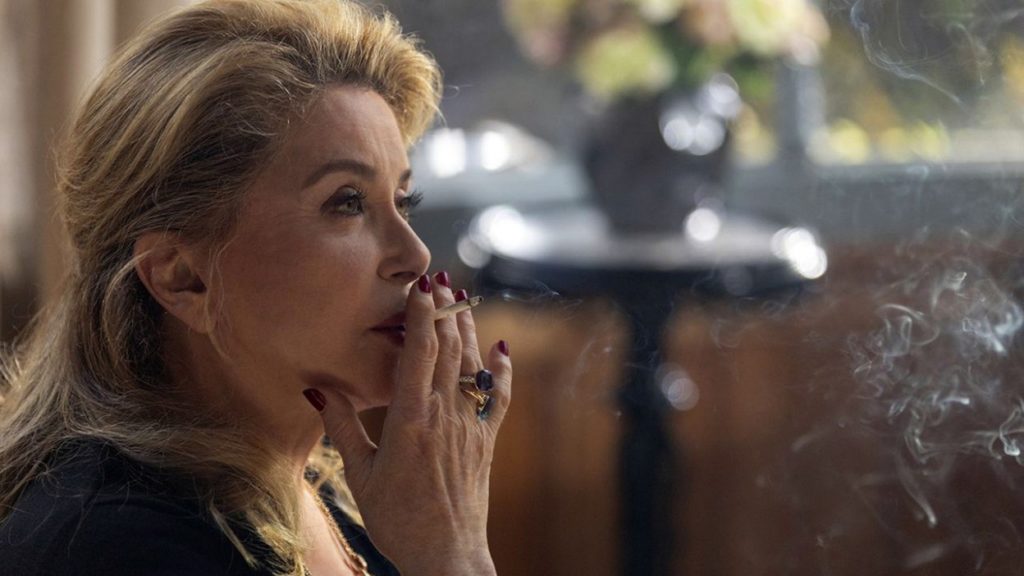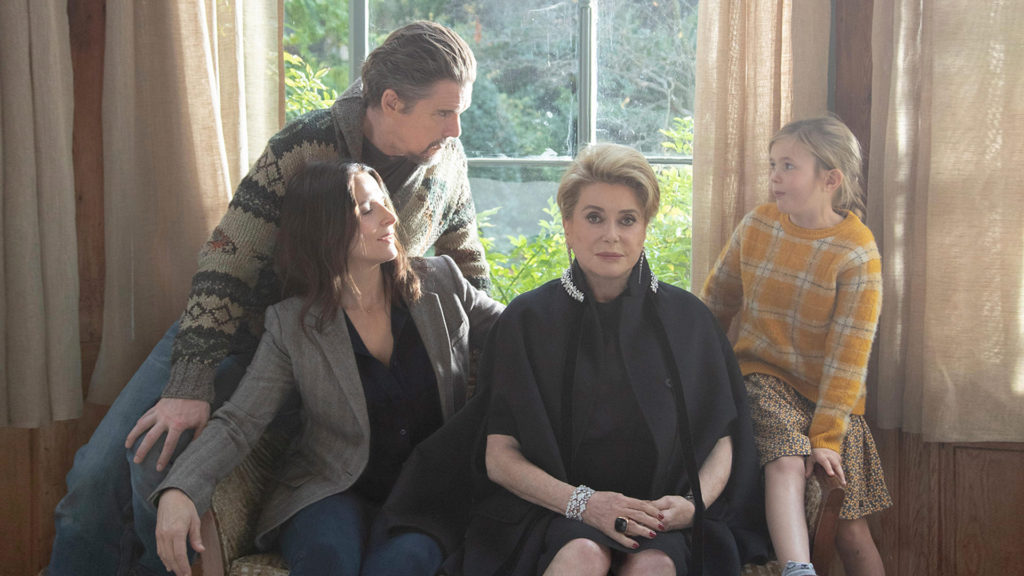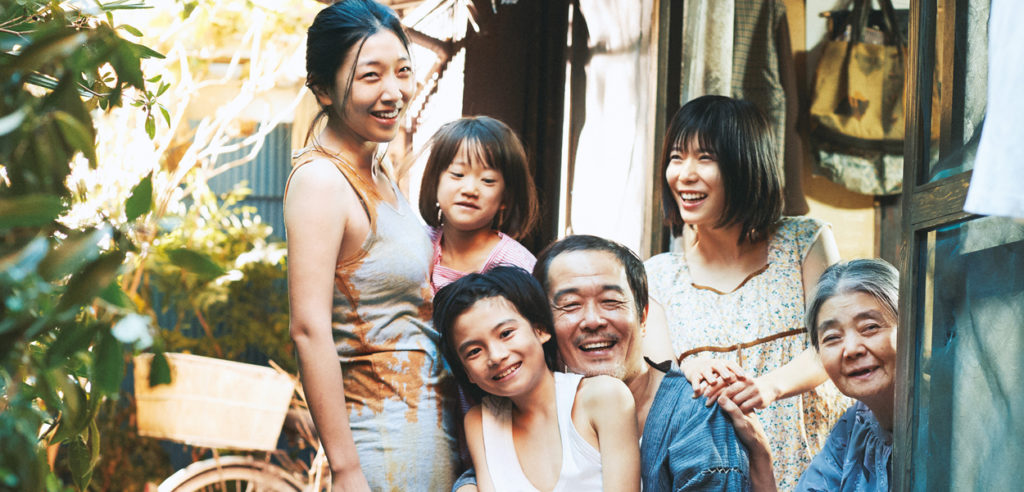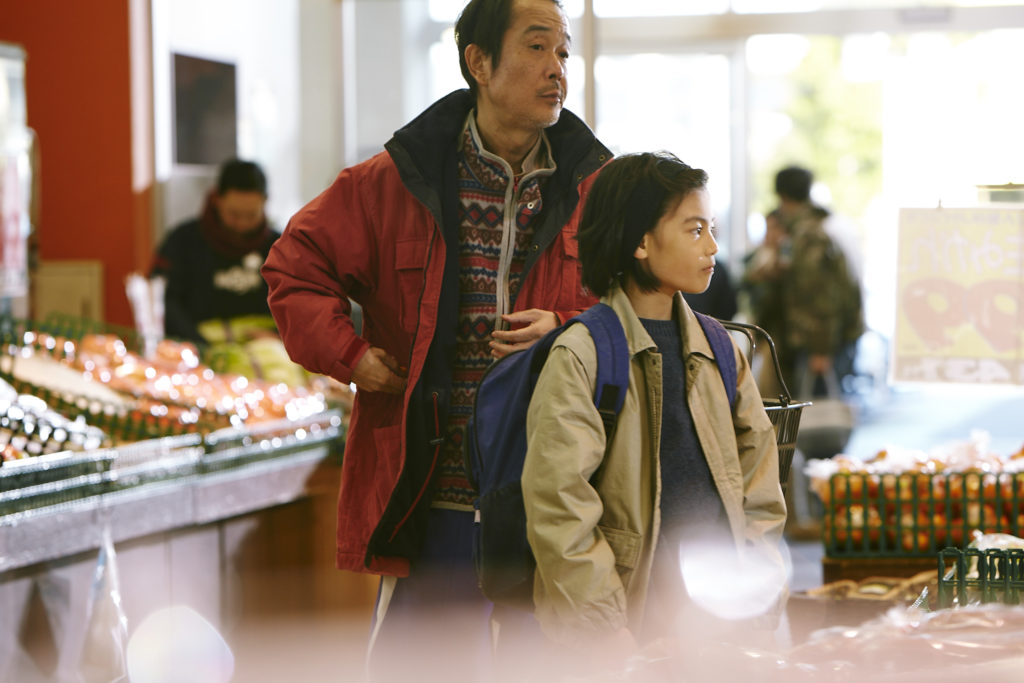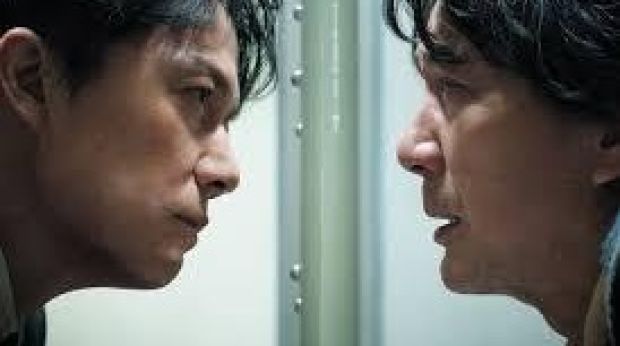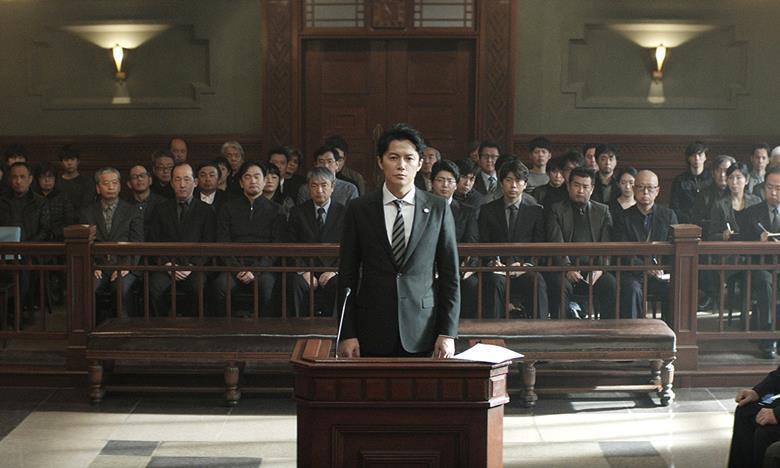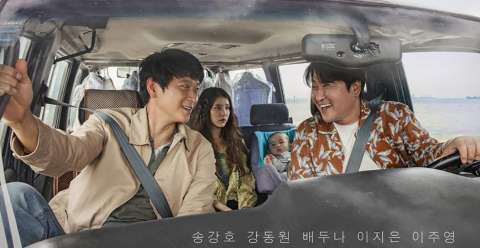
As Broker, the latest masterpiece from writer-director Hirozawa Koreeda, opens, two amiable but shady guys, Sang-hyeon (Song Kang-Ho) and Dong-soo (Dong-wong Gang), are in a church, being surveilled by the cops. A young woman leaves a baby in the “abandoned baby box”, and the two guys sneak over and take the baby! It turns out that they are baby sellers, which sounds repellent, but they place the babies in stable, loving families, whereas the baby would otherwise grow up in an orphanage. A cop (Bae Doona) is on to their scam and is taking out the church; she sees the whole thing and starts tailing the guys, planning to catch them in the act of selling the baby.
The mother, So-young (Ji-eun Lee), returns to the church the next day for the baby and discovers it is gone, but is able to find the guys and the baby. Now she wants a cut of the profits and the three take the baby on the road to another city to complete an arranged transaction; but that deal blows up, and the road trip continues, with a stop at the orphanage where Dong-soo, himself an abandoned baby, grew up. Dong-soo was the most spirited kid at the orphanage, and an eight-year-old boy, Hae-jin (Seung-soo Im), just like Dong-soo, often runs away. When Sang-hyeon, Dong-soo and So-young leave with the baby, they find a stowaway – Hae-jin has hidden himself in the van, and now it’s a party of five.
Off from one Korean city to another, hiding in plain sight in Sang-hyeon’s dry cleaning clean, they are still seeking a buyer for the baby. The cops are still in pursuit, and now some gangsters are, too. It turns out that So-young is not an innocent, which will restrict their options going forward.
Initially, Sang-hyeon and Dong-soo see the baby as a chunk of change, and So-young sees the baby as a problem to be rid of. But as they share infant care in close quarters, they begin to bond with the baby – and with each other. Each has failed in a family relationship or been denied one.
The dogged, humorless cop appears to be a relentless Javert who seems very judgy. It turns out that rigid adherence to order may not be what motivates her.
We grow to care deeply about each of these characters. Hirozawa Koreeda, in Broker and his other films, imbues his characters, however flawed, with profound humanity.
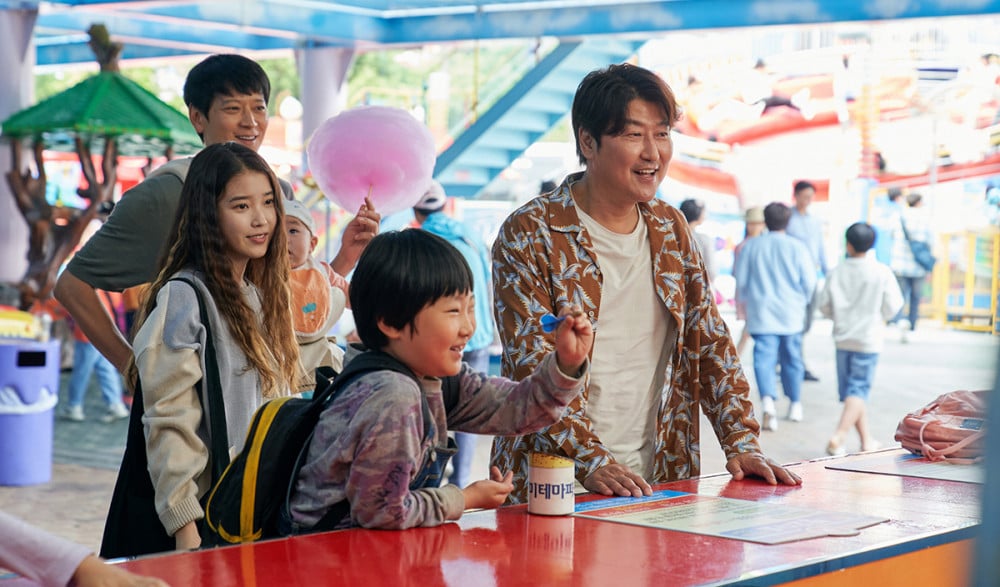
Koreeda has been focusing his work on marginalized people and chosen families. Broker is not his only triumph. His Shoplifters won the Palm d’Or, the top award at the 2018 Cannes Film Festival. Koreeda is also known for the 1995 art house hit Maborosi, one of the best movies of 2008, Still Walking and the 2018 The Third Murder.
Broker could not work without the shambling likeability of Song Kang-Ho (Parasite, Memories of Murder). The audience has to relate to a major character who is doing something transgressive.
This should be a star-making performance for Ji-eun Lee. Her So-young is believable as she cycles through character evolution that is not apparent to the other characters. Is she a victim or a femme fatale? It’s complicated.
This is the debut film for the kid actor, Seung-soo Im, and where did they find this kid? He’s just great.
I cannot imagine why Broker was not nominated for the International Cinema Oscar. Howard Hawks says a great movie is “three great scenes and no bad scenes”. There are no bad scenes in Broker, and more than three great ones. This is a magnificent film, one of the very best of 2022.

